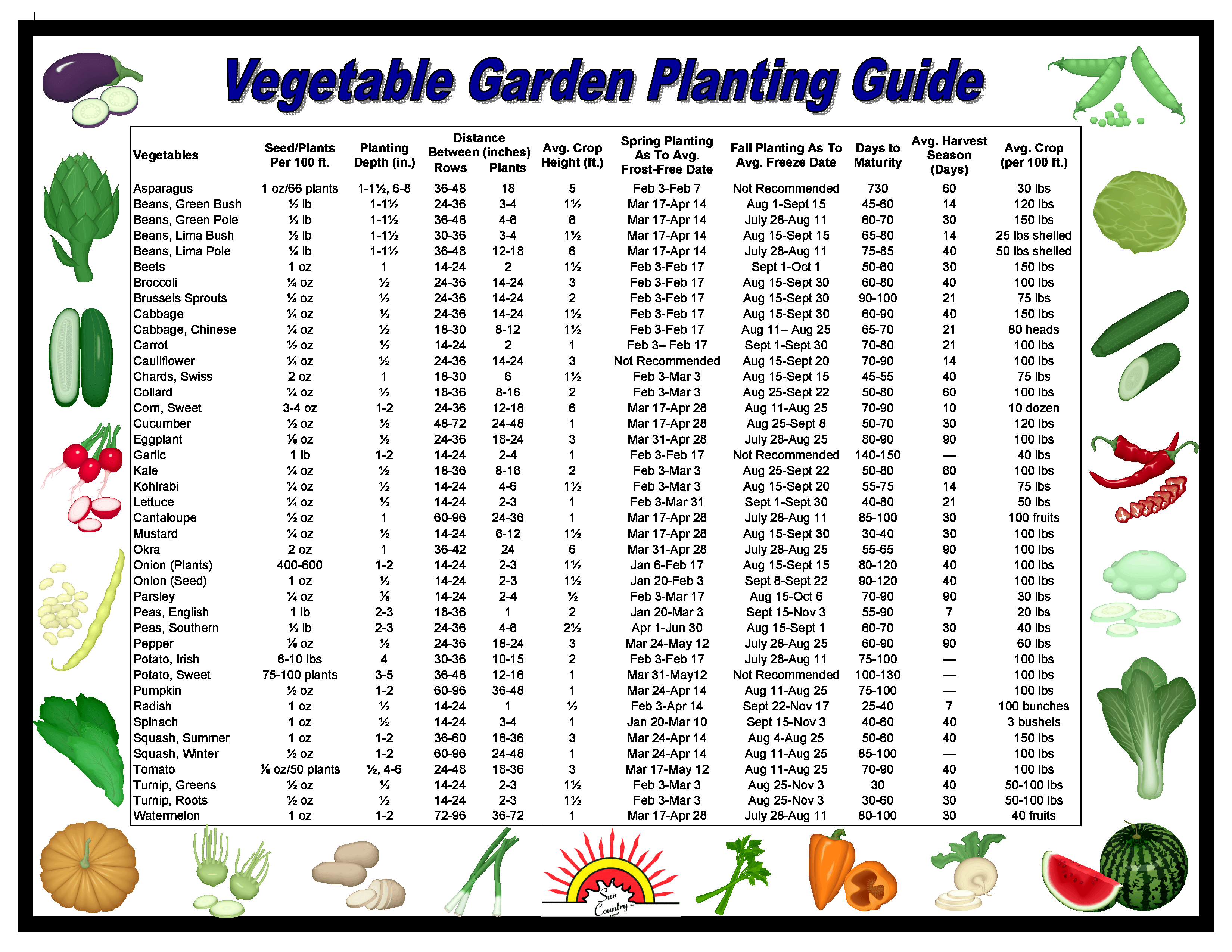South Texas Vegetable Gardening: What to Plant Now
Ready to transform your South Texas garden into a vibrant, productive vegetable patch? With our subtropical climate, fall gardening offers a unique opportunity to cultivate a variety of delicious and nutritious vegetables. This comprehensive guide will explore the optimal vegetables for planting in South Texas now, offering expert tips and advice to maximize your harvest.
Fall gardening in South Texas is a rewarding endeavor, allowing you to extend the growing season and enjoy fresh, homegrown produce throughout the cooler months. Unlike other regions, our mild winters enable us to plant cool-season crops that thrive in lower temperatures. From leafy greens to root vegetables, the possibilities are abundant.
Historically, South Texas has been a hub for agricultural production, with a rich tradition of cultivating a wide range of crops. The region's fertile soil and warm climate make it ideal for growing vegetables, and many families have passed down gardening knowledge through generations. Understanding the historical context of vegetable gardening in South Texas can help us appreciate the importance of adapting our planting choices to the specific environmental conditions.
The practice of choosing suitable vegetables for planting now in South Texas is crucial for maximizing yields and ensuring healthy plant growth. Factors such as temperature fluctuations, soil composition, and pest prevalence all play a role in determining the success of your garden. By selecting varieties that are well-suited to these conditions, you can significantly increase your chances of a thriving vegetable patch.
One of the primary challenges of gardening in South Texas is the intense summer heat. However, the milder fall temperatures create a more favorable environment for many vegetable varieties. This period, often referred to as the "second spring," allows for the cultivation of cool-season crops that may struggle in the summer months. By taking advantage of this unique window of opportunity, you can enjoy a continuous supply of fresh produce throughout much of the year.
Let's delve into some specific examples of vegetables perfect for planting in South Texas now: spinach, kale, lettuce, carrots, beets, radishes, broccoli, cauliflower, and cabbage. These cool-season crops flourish in the milder fall temperatures and offer a variety of nutrients and flavors.
Three key benefits of fall vegetable gardening in South Texas are: extended growing season, reduced pest pressure, and improved flavor profiles. Cooler temperatures often lead to sweeter and more flavorful vegetables.
To create a thriving fall garden, start by preparing your soil with compost or other organic matter. Select appropriate vegetable varieties, and plant them at the recommended spacing. Water regularly and monitor for pests and diseases. Implementing these simple steps will significantly increase your chances of a bountiful harvest.
Advantages and Disadvantages of Fall Gardening in South Texas
| Advantages | Disadvantages |
|---|---|
| Extended Growing Season | Potential for Early Frosts (rare) |
| Reduced Pest Pressure | Shorter Daylight Hours |
| Improved Flavor Profiles |
Five Best Practices: 1. Amend your soil with compost. 2. Choose the right varieties. 3. Water deeply and regularly. 4. Monitor for pests and diseases. 5. Harvest at the peak of ripeness.
Five Examples of Vegetables: Spinach, Lettuce, Broccoli, Carrots, Beets
Five Challenges and Solutions: 1. Pest control - use organic methods. 2. Soil drainage issues - amend with compost. 3. Unexpected cold snaps - use row covers. 4. Watering - use drip irrigation. 5. Weed control - mulch around plants.
FAQs: 1. When should I plant fall vegetables? 2. What are the best vegetables for South Texas? 3. How often should I water? 4. How do I control pests? 5. When should I harvest? 6. How much sunlight do fall vegetables need? 7. What kind of soil is best? 8. How can I protect my plants from frost?
General answers related to these questions focusing on South Texas climate and conditions.
Tips and Tricks: Start seeds indoors for a head start. Use raised beds for better drainage. Mulch around plants to suppress weeds.
Embracing the unique opportunities of fall gardening in South Texas allows you to extend your growing season and enjoy a diverse range of fresh, flavorful vegetables. By carefully selecting the right varieties and implementing best practices, you can transform your garden into a thriving oasis of healthy produce. From leafy greens like spinach and kale to root vegetables like carrots and beets, the possibilities are abundant. Remember to amend your soil, water consistently, monitor for pests, and harvest at the peak of ripeness for the best results. The rewards of a successful fall garden are plentiful, providing not only fresh ingredients for your kitchen but also a deep sense of satisfaction and connection to the natural world. So, grab your gardening tools, choose your favorite vegetables, and embark on a journey of cultivating a bountiful harvest in the heart of South Texas. It's time to sow the seeds of success and reap the delicious rewards of your labor.
Nom productos de limpieza your guide to understanding cleaning product names
Unlocking the secrets of used utv values with kelley blue book
Unlocking pinterest your guide to account creation














